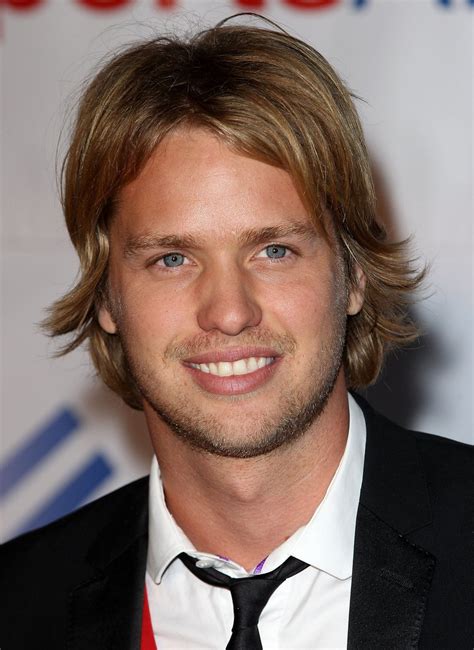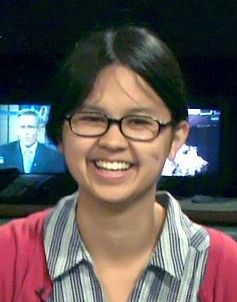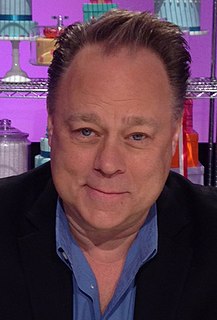A Quote by Zoe Lister-Jones
Because there are so many factors when considering the potential impacts of GMOs on our health and environment, we wanted to make a film that could unpack complex subject matter, while taking the audience on an entertaining ride. It is a very powerful tool because it allows viewers to understand the nature of these very complicated issues in a digestible format, and then hopefully engage in a dialogue about them in their respective homes and communities.
Quote Topics
About
Audience
Because
Communities
Complex
Complicated
Considering
Could
Dialogue
Engage
Entertaining
Environment
Factors
Film
Format
Gmos
Health
Homes
Hopefully
Impacts
Issues
Make
Many
Matter
Nature
Our
Potential
Powerful
Powerful Tool
Ride
Subject
Subject Matter
Taking
Them
Then
Tool
Understand
Very
Very Powerful
Viewers
Wanted
While
Related Quotes
One of the issues I think is very important, in many communities of color, there's a stigma about mental health. We find that the shaming that comes from acknowledging that one may have some issues that may relate to mental health, often people are not willing to go and seek additional help because of that shaming or that cultural stigma that's associated with it. And I think that we need to make this change in how people approach mental health.
The world is like a ride in an amusement park. And when you choose to go on it you think it's real because that's how powerful our minds are. And the ride goes up and down and round and round. It has thrills and chills and it's very brightly coloured and it's very loud and it's fun, for a while. Some people have been on the ride for a long time and they begin to question: "Is this real, or is this just a ride?" And other people have remembered, and they come back to us, they say, "Hey, don't worry, don't be afraid, ever, because this is just a ride." And we kill those people.
I believe the medium of film is one of the most powerful tools in the modern era to create positive social change. It has the ability to put big, complex, and controversial subjects across in an easy-to-understand and digestible form. It has the power to change someone's perspective on the world in a very short space of time - film has the power to change the world itself.
You can change your tomorrow if you do something today. Few people understand how the way you live today impacts your tomorrow. Today is the only time we have within our grasp, yet many people let it slip through their fingers, recognizing neither its value nor potential. If we want to do something with our lives, then we must make today matter, because that's where tomorrow's success lies.
I hope that audiences respond really positively. I think it's a very intense, entertaining film [The Last King of Scotland], because you're brought in on a fun ride, and slowly you fall into it as James [actor James McAvoy's character, Dr. Nicholas Garrigan] does. Nicholas is like the audience. I think it's a good ride for people. And you learn something, as well.
I do a little improv in my shows. Kind of like our movie, I'll do beats and ideas of dialogue, but I think there's less pressure because it's a live show. If you mess up, the audience laughs because we don't really know what we're doing. But as far as shooting, that was very scary, trying to make a point and drive the film. It definitely helped improvising.



































